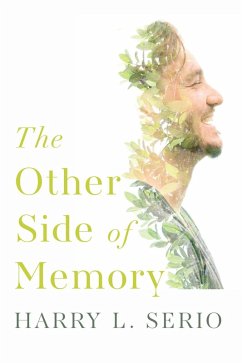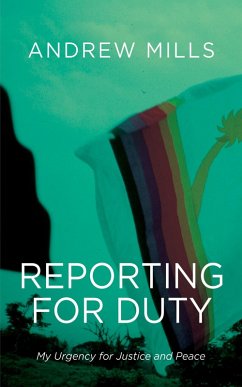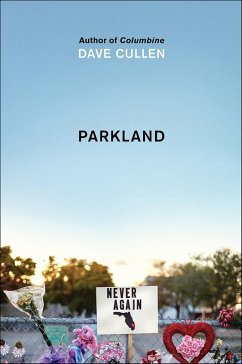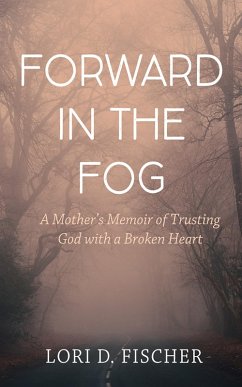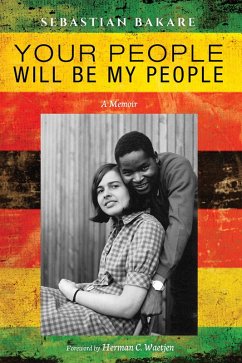
Your People Will Be My People (eBook, ePUB)
A Memoir
Versandkostenfrei!
Sofort per Download lieferbar
12,95 €
inkl. MwSt.
Weitere Ausgaben:

PAYBACK Punkte
6 °P sammeln!
In 2008, Bishop Bakare was awarded Sweden's Per Anger Prize, an international award set up for those fighting for human rights and democracy. In his acceptance speech, Bishop Bakare talked about his parishioner Jestina Mukoko, who was missing after having been kidnapped from her home in the middle of the night. He also spoke about Itai Dzamara, a young activist and critic of then-Zimbabwe president Robert Mugabe, who had also disappeared. That speech memorializing Zimbabwe's struggle to become a truly democratic nation is at the heart of Bishop Bakare's memoir, and it reflects his own life tha...
In 2008, Bishop Bakare was awarded Sweden's Per Anger Prize, an international award set up for those fighting for human rights and democracy. In his acceptance speech, Bishop Bakare talked about his parishioner Jestina Mukoko, who was missing after having been kidnapped from her home in the middle of the night. He also spoke about Itai Dzamara, a young activist and critic of then-Zimbabwe president Robert Mugabe, who had also disappeared. That speech memorializing Zimbabwe's struggle to become a truly democratic nation is at the heart of Bishop Bakare's memoir, and it reflects his own life that encompasses all of Zimbabwe's modern history. When he was a child, Bishop Bakare's family was evicted from their home and lost their livelihoods when white settlers invaded and stole their land. As a young man he was forced to flee after criticizing the white occupiers. The joy of returning from exile to vote in Zimbabwe's first election was soon replaced by his realization that the Mugabe regime was corrupt and his countrymen and women were still impoverished and repressed. Still, he returned to Zimbabwe, with his beloved wife, Ruth, and his daughters to strive to answer the call he heard, while still in secondary school from Isa 6:8: "Then I heard the voice of the Lord. He said, 'Who will I send? Who will go for us?' I said, 'Here I am. Send me!'" Bishop Bakare's fight for freedom for all God's people and, especially, the people of Zimbabwe, culminated in his accepting the position of interim bishop of Harare when Mugabe was backing breakaway Bishop Nolbert Kunonga. That role led him into direct and dangerous conflict with Mugabe's forces, even into a standoff with armed men during Sunday mass.
Dieser Download kann aus rechtlichen Gründen nur mit Rechnungsadresse in A, D ausgeliefert werden.




